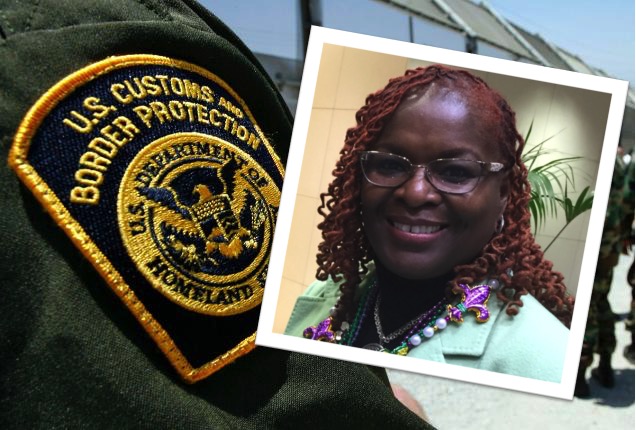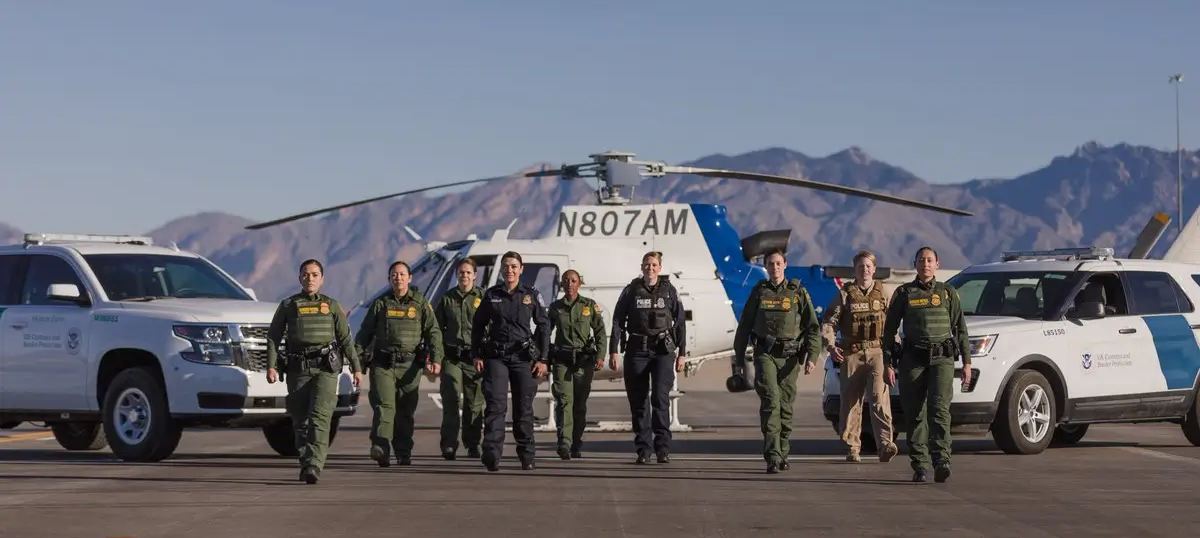
02 Apr MEET YOUR BOARD: Pamela Sharpe, Instructional Designer, CBP
Pamela has worked in training and development for almost 20 years and is now an Instructional Designer for U.S. Customs and Border Protection (CBP) Service, responsible for creating and offering training to more than 65,000 CBP employees. She takes her job seriously, “because I know that if one CBP employee is not properly trained, one or many lives could be lost.”
“To honor men and women who put their lives on the line every day to protect the United States. WHS members have many roles. We are mothers, sisters, aunts, grandmothers, and professionals who come together to make a difference. We not only show up, we show out!”— Pamela Sharpe
WHS: Â What did you study in school?
I received a Master’s Degree in Instructional Technology from George Mason University.
WHS: Â What do you “do” in your day job?Â
I specialize in creating e-Learning, but I also design and develop instructor-led training, reports, and special projects. I serve as an instructor when needed. I work with a team of graphic designers and programmers to develop performance based training solutions.
WHS:  Homeland security is a complex and evolving goal. DHS describes as a “distributed enterprise.” In the simplest possible terms, how do you define it? Â
An opportunity for innovation and greatness. An opportunity to be a model to other agencies.
WHS: Â Why are you a WHS member?
To honor men and women who put their lives on the line every day to protect the United States. WHS members have many roles. We are mothers, sisters, aunts, grandmothers, and professionals who come together to make a difference. We not only show up, we show out!
WHS: How does WHS contribute to securing the homeland?
It inspires and motivates. WHS encourages its members to be innovative, network, learn and share. We support and honor the men and women of DHS by raising funds for various law enforcement charities which honor those who have given their lives to keep us safe. We are a place where professionals can come together, network, and brainstorm.
WHS: Â If you were in charge and had all the resources you need, what would you do first to improve homeland security?
I would begin a process of centralizing training and development for the 22 federal departments that fall under DHS. Knowing that some training is agency specific (secret), I would look at redundancies in mandated training, certifications, soft-skills, etc. and then create an on-line training center for all of DHS. This would include DHS-wide individual development plans (IDPs) which would be reviewed biannually and become a kind of clearinghouse for DHS talent. This review of employee education and skills would allow DHS to identify employees with the skillset needed for available positions. It would also help plan for future department needs and would offer training and development to employees that enhance their skills. In the end, it would give employees more opportunities to move into careers that align with their skills and talents.


Sorry, the comment form is closed at this time.